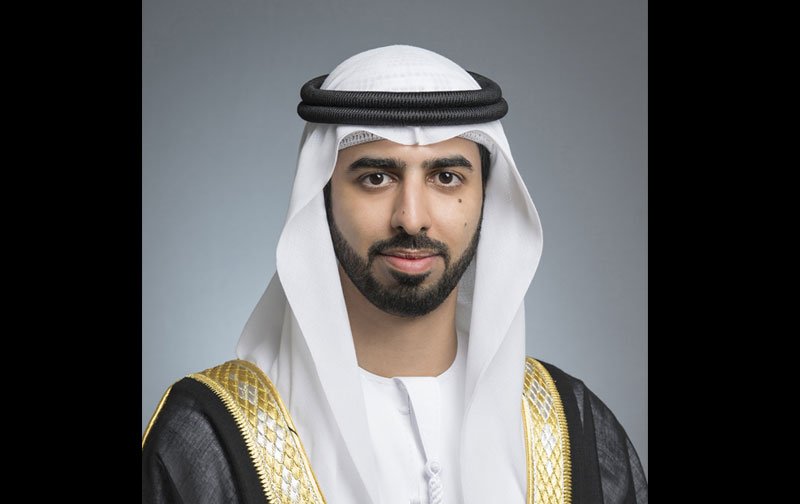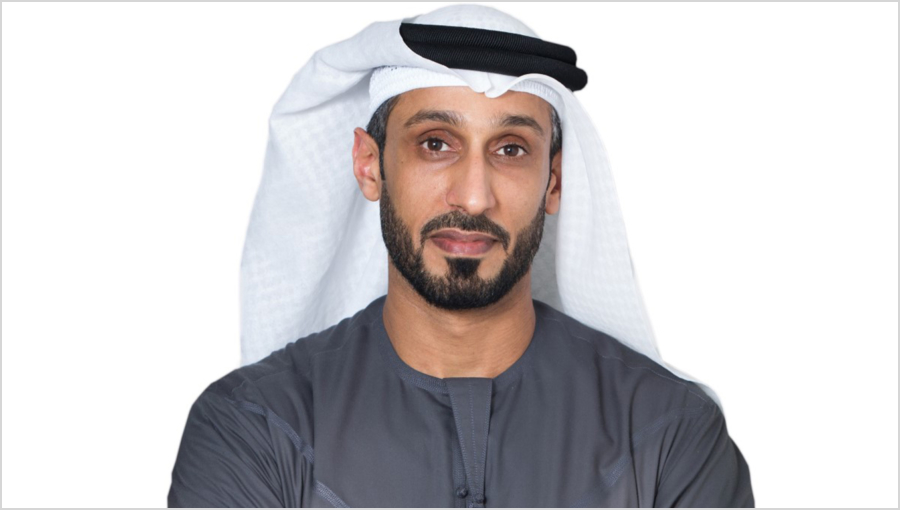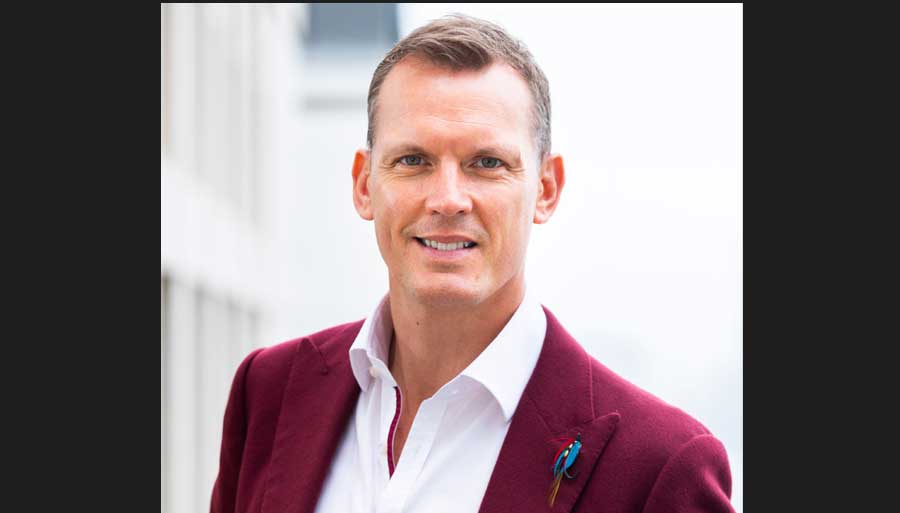The report was prepared in partnership with PwC on the outcomes of the inaugural Dubai Metaverse Assembly
The report was prepared in partnership with PwC, the knowledge partner of the Dubai Metaverse Assembly, to highlight the main recommendations that came from the assembly, as well as the major trends and applications that were discussed.
The assembly was attended by around 600 technology experts and specialists from 50 countries. Over the course of two days, they participated in more than 25 workshops and panel sessions that hosted more than 30 speakers and 40 local and international institutions and technology companies.
The report addresses the most important topics and discussions that arose from the assembly relating to the future of the metaverse. It focuses on metaverse applications in sectors such as business, communications, education, entertainment, gaming, travel, and real estate.
The report identified four main areas that governments and companies should focus on to achieve success in the metaverse, including strengthening collaboration between the government and private sectors, developing legislation and regulations related to data protection, privacy and cybersecurity risks, defining clear roles and responsibilities for all stakeholders, and accelerating the adoption of advanced technologies and the exchange of experiences.
Dubai Metaverse Assembly was the first event in Dubai to focus on the metaverse. It was hosted following the approval by His Highness Sheikh Hamdan bin Mohammed bin Rashid Al Maktoum to launch the Dubai Metaverse Strategy in July 2022. The strategy aims to add $4 billion to Dubai’s GDP to support the creation of 40,000 virtual jobs by 2030, attract 1,000 technology companies to the emirate, and position Dubai as one of the 10 largest metaverse economies in the world.

His Excellency Omar Sultan Al Olama, Minister of State for Artificial Intelligence, Digital Economy and Remote Work Applications, said: “Dubai Metaverse Assembly hosted the largest gathering of experts and organizations concerned with designing the future of the metaverses. The event highlighted the importance of keeping pace with technological developments and employing new applications in realizing future visions and plans and developing governments, economy, health, education and communities. It also showcased the positive impact of using new tools that facilitate people’s lives and open promising horizons in the future”.

His Excellency Khalfan Belhoul, CEO of Dubai Future Foundation, said: “The report aims to share the insights and knowledge revealed by global experts during Dubai Metaverse Assembly with the world through a new report on the untapped potential of the metaverse. We believe it’s crucial to share knowledge on future trends, as it allows governments, businesses, and civil society to take advantage of the immense opportunities presented by advanced technologies. This report will serve as a resource for anyone seeking to understand how the metaverse will impact vital economic sectors and help create a better future for humankind built on sustainability, wellbeing and prosperity.”

Guy Parsonage, PwC’s Metaverse Lead, said, “The Middle East economy is currently undergoing a rapid digital transformation leading to an industry-wide disruption across various sectors. Dubai is a prime example of this as it aims to become one of the top ten metaverse economies, with an ambition to be a role model in metaverse technologies. In line with The Dubai Metaverse Strategy, our strategic partnership with the Dubai Future Foundation (DFF) explores new and advanced technologies to create a better future, allowing us to connect between real and virtual worlds seamlessly. Furthermore, this partnership demonstrates our commitment to helping clients in their digital transformation journeys and ensuring we deliver sustainable outcomes while building trust in our society.”
Governments and corporations should take the initiative to reap the inevitable socioeconomic benefits created by the metaverse, which will grow at a faster rate than internet or mobile connectivity speeds. All stakeholders must continue to explore new pathways for collaboration in the metaverse, the report found.
Case studies should be the cornerstone of any new tests or projects in the metaverse, and they should be designed to foster credibility and build trust among developers, regulators and the public.
The report highlights how the metaverse can add value in myriad ways. From enhancing the ability of individuals to control – and one day monetize – personal data – to helping nations achieve diplomatic parity, as evidenced by Barbados’ plans to launch an embassy in the metaverse, there are endless opportunities.
The control and the monopoly enjoyed by social media platforms today will be challenged by the metaverse; it has the potential to provide billions of people with richer experiences from enhanced education to intimate live performances from the world’s biggest artists and musicians.
